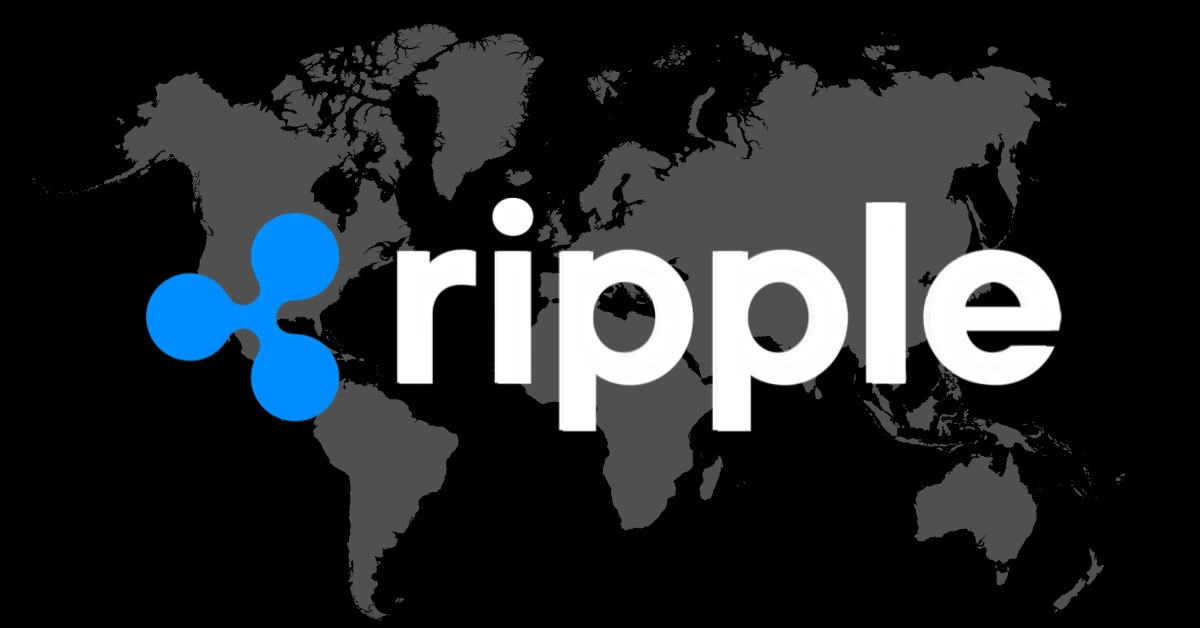Key Takeaways
- 47 Japanese banks are moving to commercial use of Ripple’s RC Cloud for real-time payments.
- The platform unifies domestic and cross-border transactions under one blockchain system.
- Ripple continues to expand its enterprise blockchain network globally.
In a landmark development for blockchain in traditional finance, a consortium of 47 Japanese banks has confirmed its move to the commercial phase of Ripple’s payment technology. The initiative, led by SBI Ripple Asia, follows a successful pilot using RC Cloud, a cloud-based payments platform powered by Ripple’s distributed ledger technology.
This milestone marks the first system worldwide enabling real-time domestic and international money transfers on a single blockchain-powered network — a crucial step in modernizing Japan’s financial infrastructure.
Real-Time Transfers Reshape Payments
According to Ripple CEO Brad Garlinghouse, the consortium’s success underscores the shift from experimental blockchain projects to practical, value-driven adoption. “These leading Japanese banks are actively pursuing a clear use case and bringing blockchain into production,” he said.
By leveraging Ripple’s enterprise-grade blockchain solution, participating banks can execute instant, low-cost cross-border transactions, eliminating inefficiencies that have long plagued legacy payment systems.
RC Cloud: Bridging Domestic and Global Banking
RC Cloud unifies domestic and international transfers under one system, removing the siloed processes that make cross-border payments slow and costly. SBI Ripple Asia CEO Takashi Okita highlighted that the technology simplifies both domestic and international settlements while ensuring regulatory compliance and operational security.
The consortium also aims to integrate global banking networks, expanding Ripple’s reach and interoperability worldwide.
Ripple Broader Global Momentum
This development adds to Ripple’s growing list of partnerships, with over 90 banks globally—including Santander, Bank of America, and Axis Bank—testing or deploying its technology. Over 30 pilot programs have been completed, and more than 10 banks are transitioning into full commercial use.
Also Read: Why Ripple’s XRP Is Set to Dominate Global Finance with ISO 20022 Adoption
The Future of Banking on the Blockchain
With Japan’s banking sector leading the charge, Ripple’s progress demonstrates how blockchain can bridge financial institutions globally, streamlining how money moves as easily as information. As the consortium enters commercial deployment, it signals the next era of institutional blockchain adoption—efficient, compliant, and truly real-time.




